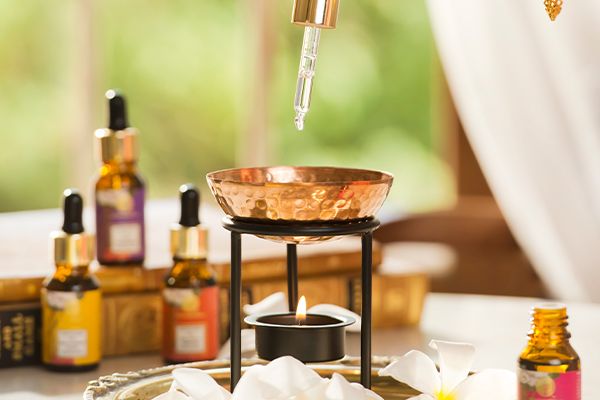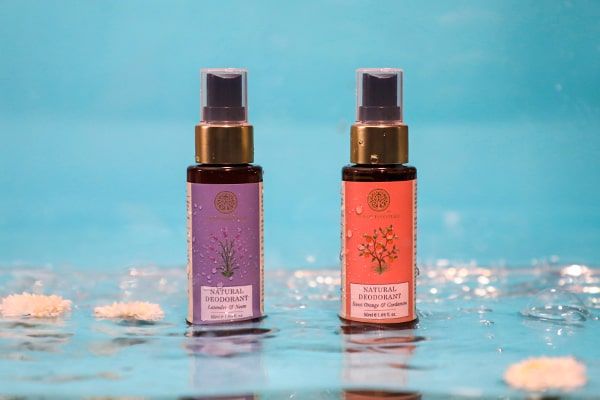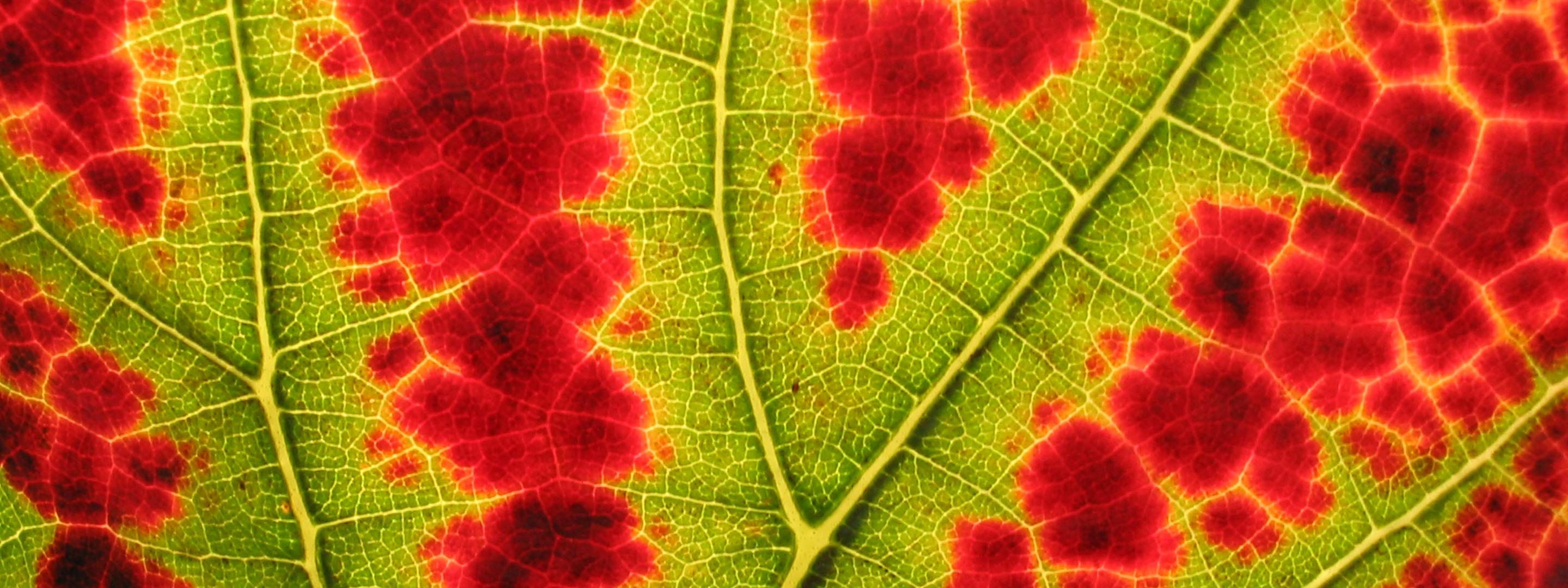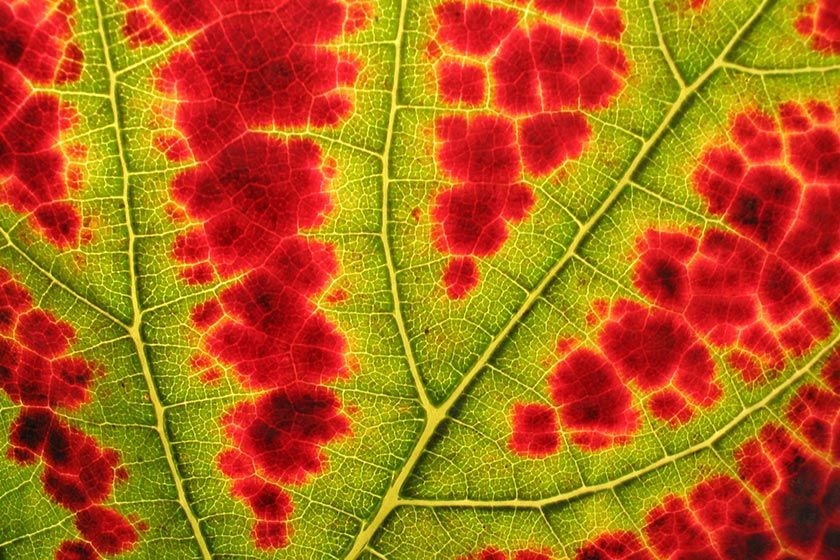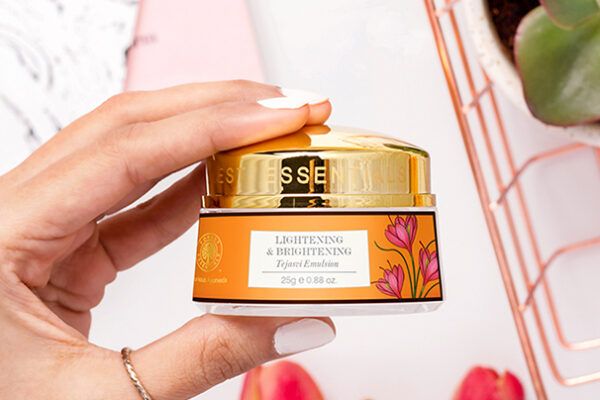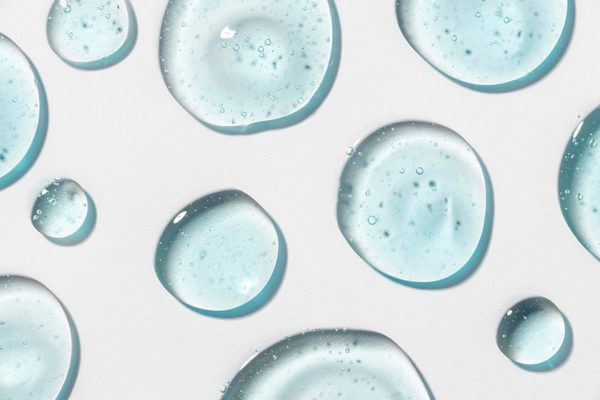What causes face to stay red?
Many people with extremely sensitive skin are prone to facial redness, and it can be caused by a myriad of things, including sun damage, acne, or rosacea. Even certain foods from our daily diet and the skincare products from our daily regimen can aggravate sensitive skin, which leads to facial redness. If you have been experiencing red skin and want to alleviate this condition, it is important to learn what might be causing your facial redness and how to cure it.
How to cure face redness?
The trend of following a 10-step skincare routine might sound appealing but not when you are experiencing red cheeks. The key here is to keep your skincare routine simple with minimum steps, while ensuring you include all soothing essentials as red skin remedies. If you’re wondering how to curate a simple yet effective skincare routine for sensitive skin, then look no further as we have got you covered.

Cleanse with A Paraben Free Face Wash
In some extreme cases, facial redness or rosacea might lead to excessive dryness, which may cause the skin to peel off. Use of chemically formulated cleansers can further worsen the case. Hence, opt for a natural face wash which is paraben and chemical free, and gently cleanses the skin without stripping off its natural moisture.
Moisturize with Soothing Ingredients
Opt for gel based moisturizers which lend a cooling effect to the skin while keeping it deeply hydrated and moisturized. The Forest Essentials Light Hydrating Facial Gel Pure Aloe Vera contains organically sourced, pure Aloe Vera gel, which has soothing and healing properties and helps to rejuvenate the skin.
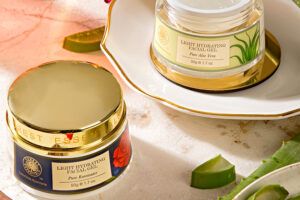
Protect with A Strong SPF
Sensitive skin can become more prone to sun damage and hence, it is important to use a strong SPF before stepping out of the house. Use a light textured sunblock that protects the skin from UVA/UVB rays, while keeping it moisturized. The Forest Essentials Sun Fluid is a sheer formulation which evenly distributes a thin veil of luminosity over the skin. It is enriched with ingredients like Tender Coconut Water, Turmeric, Basil and Yashada Bhasma, which soothe inflamed skin.
Use a gentle natural exfoliator, sparingly
Mild exfoliation is essential to remove dead cells and regulate the blood flow while scrubbing in circular motion. However, for sensitive skin, it is recommended to exfoliate only once a week. Opt for natural exfoliators that do not irritate inflamed skin. What are the home remedies for skin redness, you ask? We suggest raw Honey, which is an effective solution to facial redness and a natural humectant. Simply massage a small amount of honey on the face, let it dry for 30 minutes and wash it off with lukewarm water.
Can food allergies cause facial redness and when is the right time to consult a doctor for skin redness?
Often, people neglect other factors including diet and lifestyle habits that might be causing itchy, inflamed skin. Facial redness or rosacea can be treated by healing digestion and cooling the body with a healthy diet, Ayurvedic herbs and topical applications. We should be mindful of the types of food to include and avoid, as face allergies can also cause facial redness. In such cases, it is best to consult a doctor, to avoid further damage.

What are the best foods to manage or prevent facial redness?
According to Ayurveda, someone with a Pitta imbalance is considered to have a warmer internal temperature. Hence, a diet of cool, sweet, stabilizing foods should be followed in place of an excessively salty, sour, spicy, or pungent diet, as these can dilate the blood vessels and cause facial redness.
We suggest incorporating bland vegetables like Asparagus, Cucumbers, Sweet Potatoes and leafy green vegetables for a healthier complexion. Soothing spices like Coriander, Cardamom, Saffron, also act as anti-inflammatory agents. Try to incorporate non-citrus fruits like Grapes, Melons and Mango in your diet to calm dilated blood vessels. Vegetables like tomatoes, hot peppers, beets, eggplant, and warming spices like ginger, cumin, black pepper, fenugreek, and cloves can cause an inflammatory action within the body and are best avoided.

















